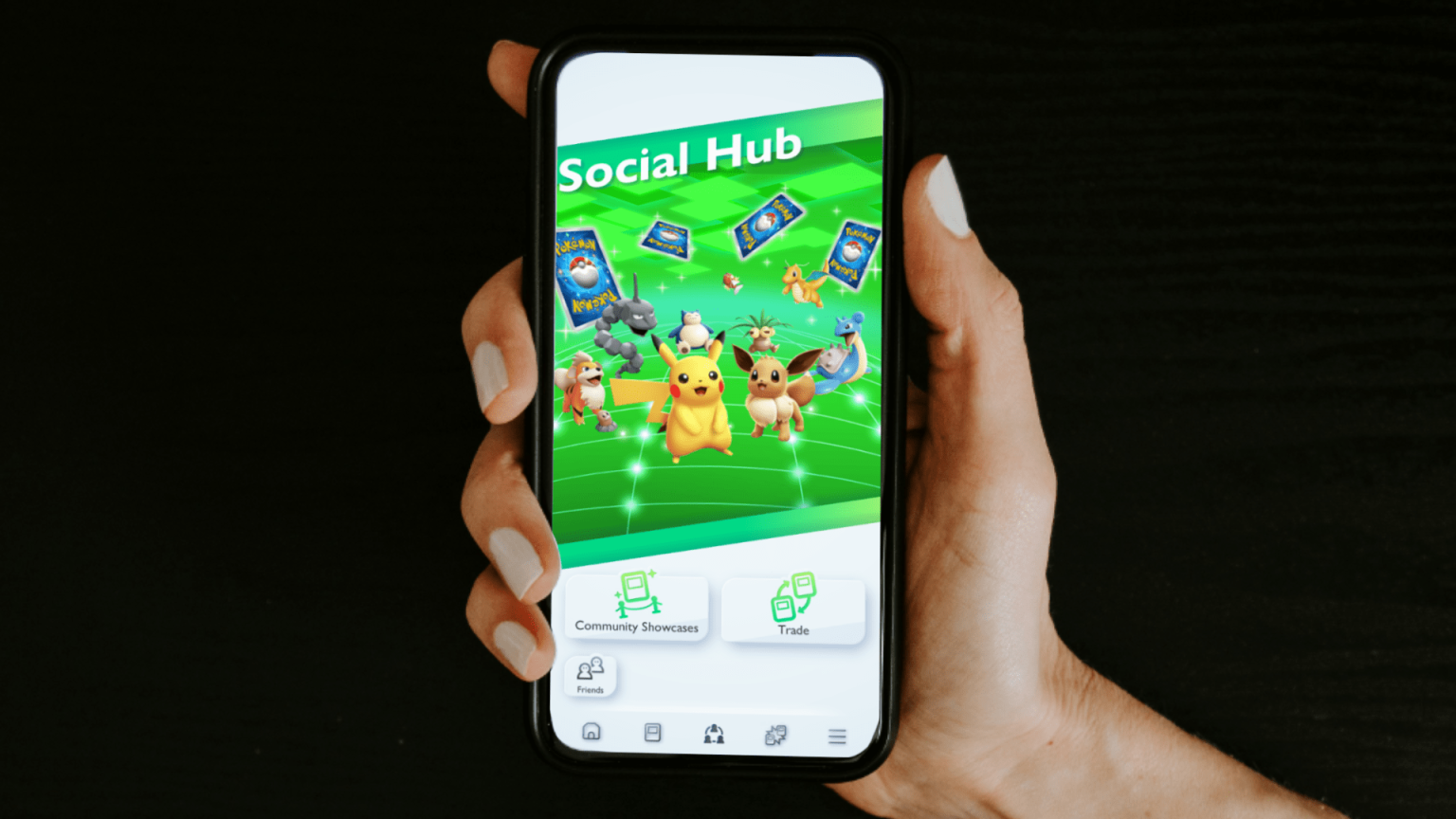TCG Pocket, a mobile trading card game, experienced a successful launch in October 2024, but its initial absence of a trading feature, a core element expected in a TCG, left fans yearning for its implementation. The game relied on a system of opening booster packs and using acquired “Pack Points” to obtain specific cards, a process that could become costly and time-consuming, especially for rare or sought-after cards. While a trading option was initially teased as “coming soon,” details remained scarce until late January, when the feature’s launch by the end of the month was confirmed, initially allowing trades of cards up to one-star rarity. The announcement also mentioned the requirement of a specific currency for trading, a detail that seemed reasonable at the time but later sparked considerable controversy.
The trading system, when finally implemented, introduced two new currencies: Trade Stamina, regenerating over time like other stamina systems in mobile games, and Trade Tokens, obtainable only by exchanging existing cards. This meant that players not only surrendered the card they wanted to trade but also additional cards to generate the necessary tokens. The exchange rate proved to be highly unfavorable, with a one-star card yielding a mere 100 Trade Tokens, while a single trade required 400 tokens from each participant. Furthermore, common, low-value cards, which players often possessed in abundance, were excluded from the token exchange system, further limiting the options for acquiring Trade Tokens. This complex and costly system effectively priced many players out of using the trading feature, leading to widespread dissatisfaction.
The required expenditure of both Trade Stamina and a significant number of Trade Tokens per trade, coupled with the unfavorable exchange rates and restrictions on low-value cards, created a substantial barrier to entry for casual trading. The system essentially forced players to sacrifice a considerable portion of their card collection just to execute a single trade, making it impractical for regular use. The high cost and complexity of the system discouraged players from engaging in trades, negating the core purpose of the trading feature and ultimately frustrating the community who had eagerly awaited its arrival. This situation highlighted a disconnect between the developers’ intended design and the players’ expectations for a seamless and accessible trading experience.
The developers, recognizing the significant backlash from the player base, issued a statement addressing the concerns. They explained that the stringent requirements and restrictions were implemented to mitigate potential abuse by bots and multi-account users, aiming to maintain the integrity of the in-game economy and prevent unfair advantages. However, they acknowledged that these measures inadvertently hampered the casual enjoyment of the trading feature for legitimate players. The statement expressed a commitment to revisiting and improving the system to address the players’ complaints, promising greater accessibility and a less restrictive trading environment. This included exploring alternative methods of obtaining Trade Tokens, such as through in-game events, to alleviate the burden on players’ card collections.
The developers’ response indicated a willingness to adapt and refine the trading system based on player feedback. The proposed changes, including the introduction of additional ways to earn Trade Tokens, suggest a move towards a more balanced and player-friendly approach. By diversifying the acquisition methods for Trade Tokens, the developers aim to reduce the reliance on card exchanges and make trading a more accessible and enjoyable feature for all players, regardless of their card collection size. The promise of future updates holds the potential to revitalize the trading aspect of TCG Pocket and finally deliver the engaging experience that players initially anticipated.
In the meantime, players interested in utilizing the trading feature are advised to await further details regarding the upcoming changes before investing their resources. The developers’ commitment to addressing the community’s concerns indicates that significant improvements are on the horizon, which could drastically alter the trading landscape within TCG Pocket. For those eager to explore other aspects of the game, resources such as the full deck list for the “Space-Time Smackdown” expansion are available, offering a glimpse into the strategic possibilities and card combinations within the game’s evolving meta. Despite the initial setbacks with the trading system, TCG Pocket remains a popular mobile game with a dedicated player base, and the promised improvements hold the potential to enhance the overall gameplay experience and solidify its position in the mobile TCG market.


